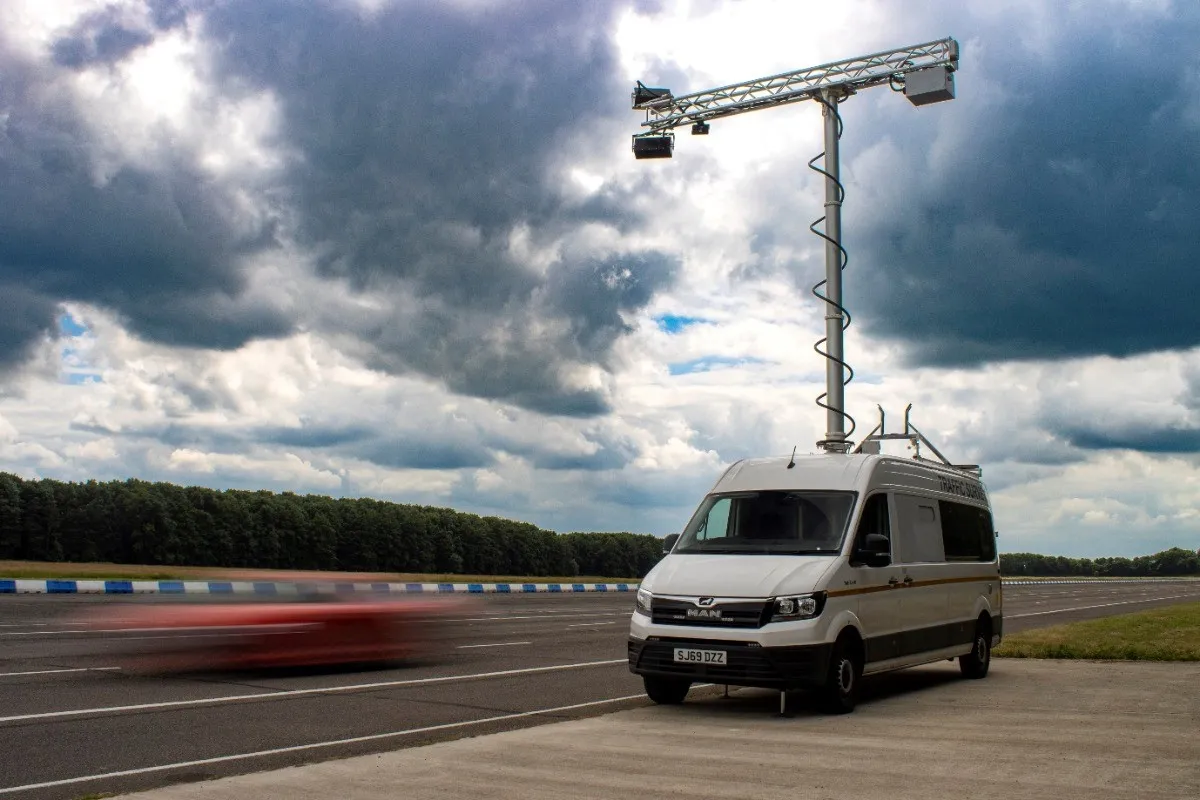
A trial of mobile technology which can detect motorists who are not wearing a seatbelt or using mobile phones is being extended across the country.
The trial with National Highways was launched in 2021 and gave police the opportunity to spot motorists breaking the seatbelt and mobile phone use laws. The transgressors are then send warning letters informing them of the dangers of their behaviour.
Ten more police forces will be using the new system, in partnership with AECOM. It is mounted to a vehicle or trailer and has multiple cameras giving differing views of the driver and their passengers. The latest trial began on 19 February and will run until March 2025, with a possible roll-out across England after that.
There are plans for the technology to be fixed to gantries for the first time giving an unobscured view of all lanes. The technology captures footage of passing motorists. The images are processed using artificial intelligence (AI) to analyse whether the motorists could be using a handheld mobile phone or drivers may be without a seat belt.
The images are then passed to police for consideration on any action to be taken. Drivers can be fined up to £500, around €585, for not wearing a seatbelt in addition to penalty points. Using a mobile phone while driving can result in a fine of up to £1,000, about €1,170, and six penalty points on their driving licence.
The police forces in England taking part in the trial are Durham, Greater Manchester Police, Humberside, Staffordshire, West Mercia, Northamptonshire, Wiltshire, Norfolk, Thames Valley Police and Sussex.
UK government figures show that there were 420 collisions on British roads in 2019 in which the driver was using a mobile phone at the wheel. Road casualty statistics for 2020 show that 23% of car occupant fatalities in reported road collisions were not wearing a seatbelt. Research shows that drivers are four times more likely to be in a crash if they use a phone while driving and twice as likely to die in a crash if not wearing a seatbelt.
However, National Highways, the wholly government-owned company responsible for modernising, maintaining and operating England’s motorways and major trunk roads, says that England’s motorways are already among the safest roads globally.
“We know that distracted driving and not wearing seatbelts were key factors in a high number of incidents that resulted in people being killed or seriously injured,” said Matt Staton, National Highways’ head of national road user safety delivery. “We believe that using technology like this will make people seriously consider their driving behaviour.”
AECOM previously worked with Acusensus, road safety AI specialists, to trial a fixed camera that could detect drivers not wearing seatbelts and holding a mobile phone. The fixed camera was installed on the M4 in Berkshire in 2021 and detected nearly 7,000 people failing to belt-up and over 25,000 drivers holding their mobile phone in just six months.
A report by National Highways at the time said it was the first time such technology had been used anywhere in the UK. The same system was deployed for the first time in New South Wales state, Australia, in 2019, with a resulting drop road fatalities compared with other states and territories in Australia.
“Our work to date has highlighted the scale of the issue, has shown that technology can play a valuable role, and that there is much still to be understood about driver behaviour given the new insights gained,” said Jamie Uff, technical director at AECOM and who is the lead research professional managing the deployment of the technology.
“Expanding the deployments and integrating data processing with police systems is an important step towards this technology making a significant contribution to road safety.”






